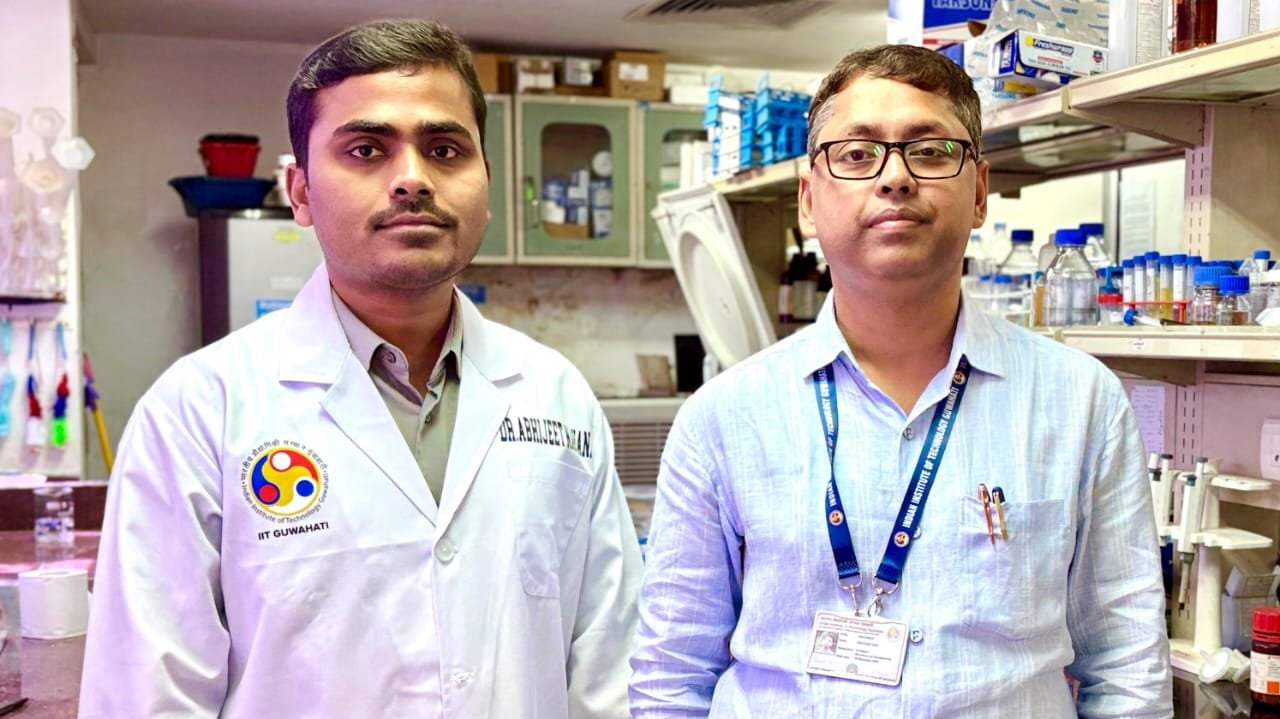Guwahati, Nov 21: Researchers at the Indian Institute of Technology Guwahati have developed an eco-friendly method to remove lead from contaminated water using cyanobacteria. The technique, based on bioremediation, aims to provide a sustainable and low-cost alternative to conventional chemical-based treatment processes.
The study, published in the Journal of Hazardous Materials, examined the lead-absorbing capacity of different components of the cyanobacterial species Phormidium corium NRMC-50. The researchers found that exopolysaccharides (EPS), a natural biopolymer produced by the microorganism, achieved the highest removal efficiency of 92.5 percent.
According to the team, lead is among the most toxic pollutants globally, affecting over 800 million children, including nearly 275 million in India. It enters water sources through industrial discharge, agricultural runoff, and ageing pipelines, and persists for decades, causing serious neurological and developmental health risks.
Prof. Debasish Das of the Department of Biosciences and Bioengineering said the cyanobacterial method requires minimal energy and can be implemented without advanced infrastructure. He noted that preliminary estimates show a 40–60 percent reduction in treatment costs compared to existing technologies, while maintaining comparable or higher efficiency.
The study also reports that cyanobacteria can absorb other pollutants, including pesticides, herbicides, dyes, hydrocarbons, and industrial chemicals. The captured metals can be recovered and potentially converted into useful products such as biochar, bioplastics, or biofuels.
The research team is now working on scaling up the technology from laboratory trials to a pilot-scale treatment system for testing in real wastewater conditions. The institute noted that the findings remain at an experimental stage and require further validation before commercial deployment.









